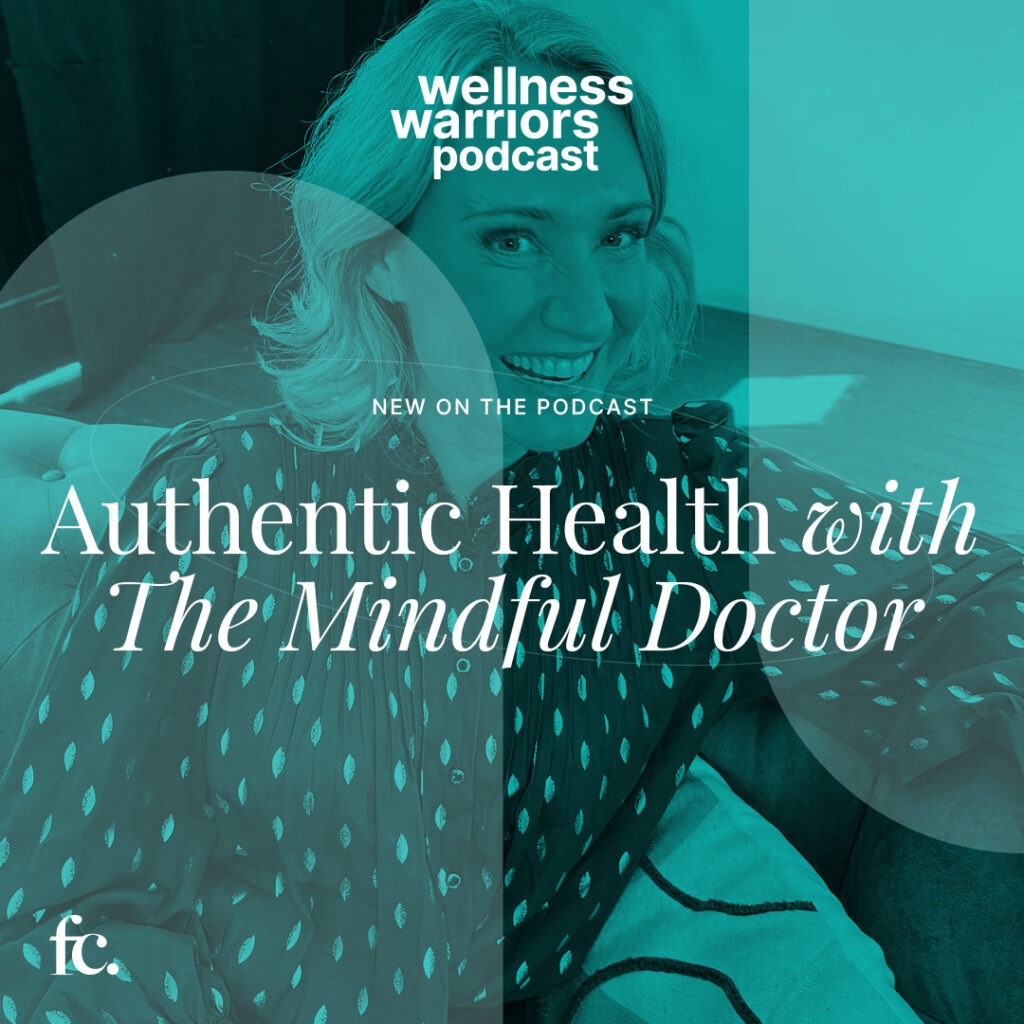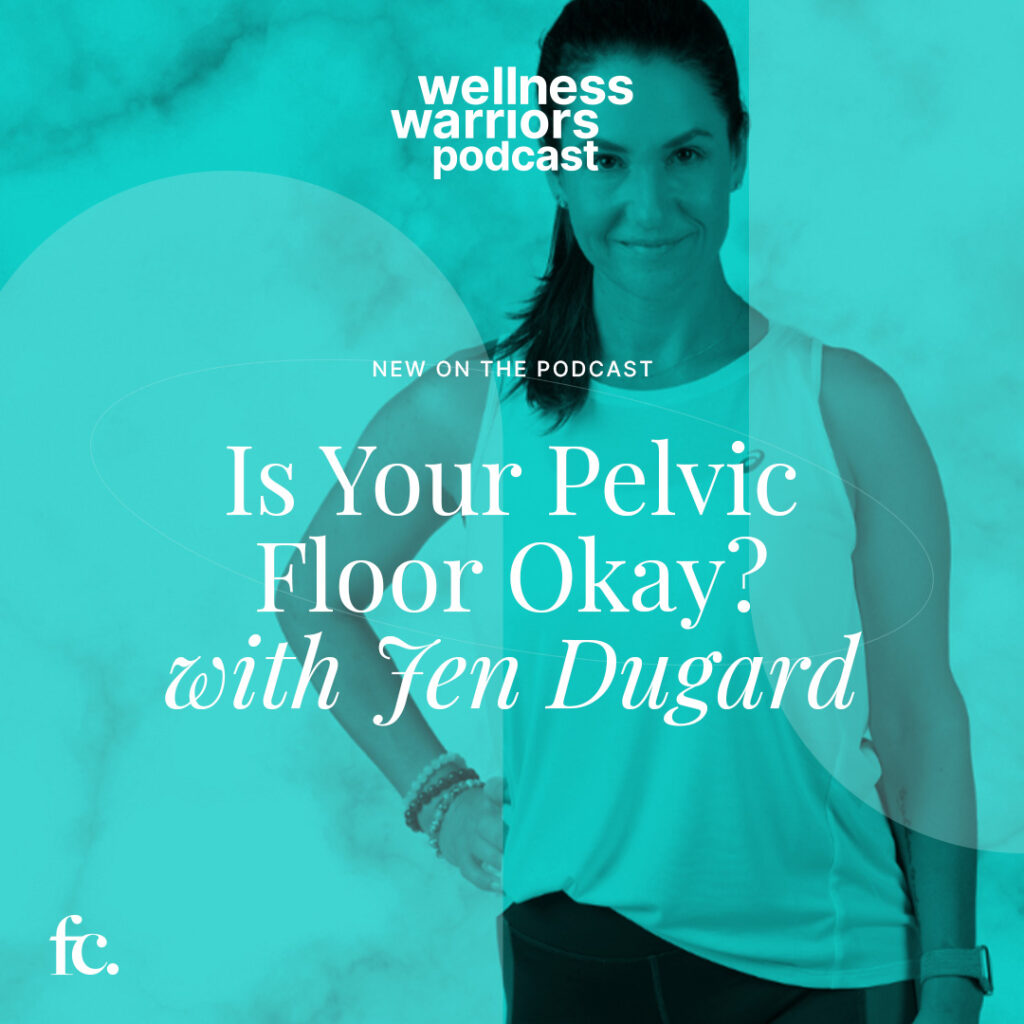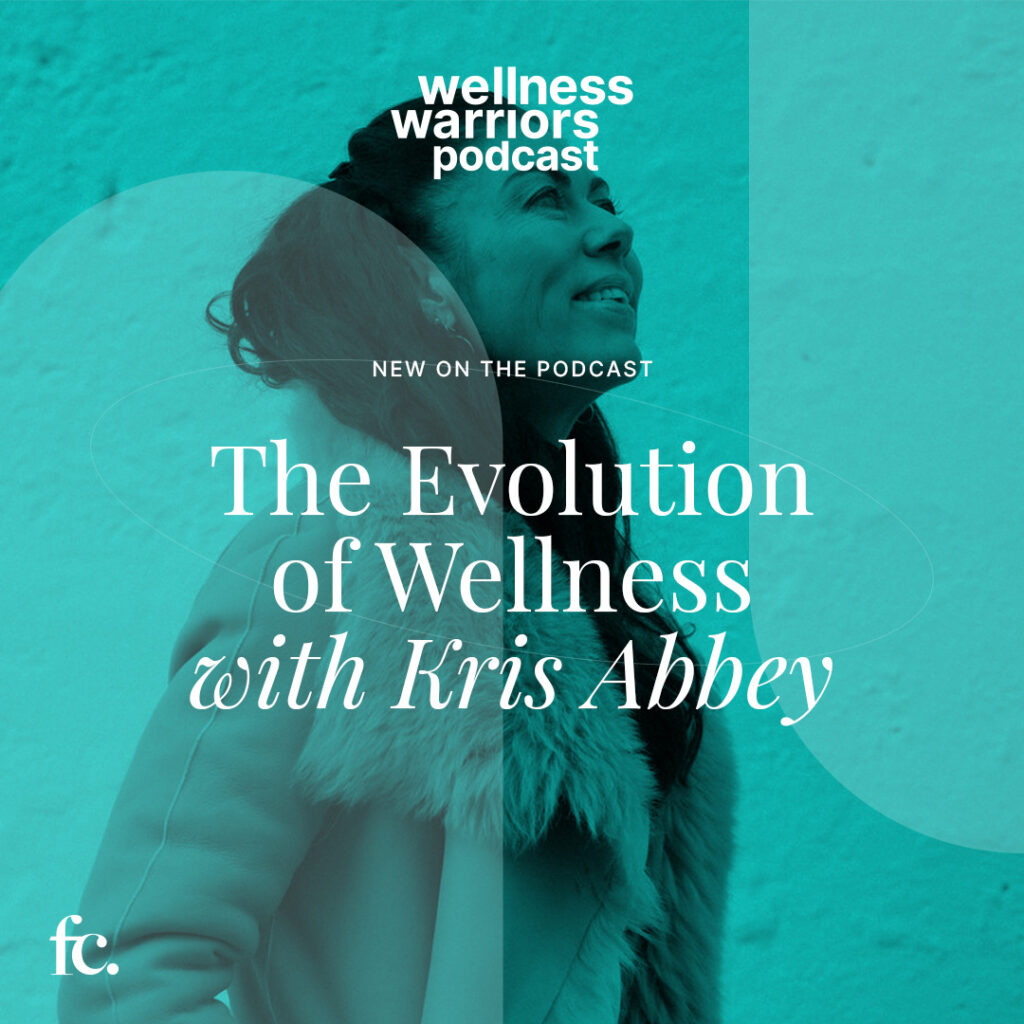Reforming Parent-Child Connection & Growth through Compassion with Heidi Rogers
A psychotherapist, counsellor, trauma specialist and speaker, Heidi Rogers, specialises in children’s issues and their solutions. She found her passion in helping others to get through mental health struggles and to come out the other side as she experienced it for herself that it’s possible.
After working with children for many years, she quickly realises that the impact is so much more magical when she works directly with the parents. She is now helping parents all over the world to manage meltdowns, improve behaviour, and yell less.
In this episode, Heidi explains the best way for parents to re-establish and maintain healthy relationships with their children. Especially during this unprecedented time where stress, frustration and a sense of disconnection are being heightened in our society. She wants parents to understand their roles through different phases of children and teenagers’ life and the importance of connection that is built upon love, compassion and empathy. That way families can come out of this together, bonded more than ever.

Show Notes:
1:26 – Felicity: Why psychotherapy and why did you choose to work in the specific area of working with children and families?
Heidi explains how her mental health struggle in her early 20s had pushed her towards sharing the gift of life through her work in therapy. She transitioned from working with children and adolescents to working more with parents instead as she realises how much more powerful the impact is.
4:14 – Felicity: What do you think are some of the greatest challenges that children are facing here and now that is different for you and
new in terms of how you treat?
Heidi points out the obvious how the pandemic has affected our mental health globally. Backed by statistics and research, she informs us that teenagers within the age bracket of 12 and 25, are the most severely impacted and are going through maladaptive mental health issues more than ever.
5:59 – Felicity: How are you coping with dealing with this and managing and navigating your way through treatment at the moment with children or adolescents and young adults?
Heidi tries to still see them in person as it’s not worth it to do it any other way. It’s too hard for her young clients who are already struggling with mental health to get consulted online, displaying more disinterests. People in a helping profession needs to be mindful of their own health. Especially having to pivot to online, which is exhausting even more to work with.
13:46 – Felicity: What are some of the positive things that we can take away from this? In terms of they’re facing adversity now, it’s going to build resilience and strength and possibly some other characteristics that will be more positive in the future. Do you think we can look at this as well from a positive framework?
Heidi firmly believes that resilience can only be built, if taught well during the early years. To help enable them to build resilience, it needs to be through connection, not through adversity. Heidi suggests parents facing difficulties in their children’s day-to-day with a curious approach. To get into it with curiosity, empathy and compassion and validation that then makes them able to share.
She hears a lot that parents want to be able to control their kids, which she believes is wrong. She reminds us that you can have influence over them and influence is way more powerful than control. And to be the positive influence children wants to listen to, you would need to establish a relationship and connection with them first.
The work includes being able to recognise our own patterns first and reparenting ourselves and how we deal with negative emotions like anger. Shifting perspective and start showing compassion for yourself within that moment because “Antidote to anger is compassion”, Heidi says.
34:33 – Felicity: The addiction to devices, the addiction to everything that is social media etc we’re seeing right now, what do you think about that?
Heidi reminds us that these platforms and devices are specifically designed to keep us addicted. This is the way they can gain that connection and artificially get the dopamine hit through their phone usage in lockdowns. It’s out of their control too and parents need to adjust the expectations that are placed on their children. Realising that they are just getting through and as parents, we need to make it easier on them not harder. Heidi stresses the importance of connection. The need for a collaborative discussion, a compromise, meeting them with empathy in your interactions makes them open up to parents more willingly. Parents can look for ways to provide that experience at home, something that facilitates that connection and the dopamine hit. Transitioning out of being a manager and into a consultant in their lives instead.
44:53 – Felicity: I see this increase and I’ve seen it over the last few years that consistent increase in those diagnoses or are they labels or are children being over-diagnosed with these kinds of conditions? Is there something that you see in your work? Do you see a lot more people presenting saying, oh, my child has this or that?
Heidi explains that this is due to the advancement of research and deeper understanding. Labels are just means to address the different spectrums of how our brains operate.
While labels can be helpful for us to understand ourselves more and have compassion, they can be abused into making up excuses. Heidi likes to look at it as we are all on a spectrum of some sort in different degrees. At the end of the day, it’s about acceptance for parents to love and care for the children as they are despite their labels and behaviours to assist them through life.
49:33 – Felicity: Heidi, in your total parenting transformation program, runs for nine weeks. What do parents expect to gain out of a nine-week program working with you?
Heidi focuses on improvement overall. From understanding how we were parented, and what we could do differently for our kids. She provides the parenting style that leans towards vulnerability, compassion, and empathy. Through her academic research and background, she is able to provide parents with ways that will prevent kids mental health and how to support them with what they go through right now.
54:29 – Felicity: What does wellness mean to you, Heidi?
Wellness to me means wholeness. And wholeness means if there are all the different parts of me that make me up. I like to use a boardroom table analogy that we have all these little board members that sit around this table and I have present me, little me, anxious me, angry me, mum, friend, sister, daughter, therapist, like all the different parts of myself.
The parts of me that I find hard to love, the parts of me that I want to reject your abandoned, that I go find them. I recover them. I allow them to sit at the table. I reconcile with them and I integrate with them. So that could be things I’m ashamed of that I’ve done that have happened to me. Parts of me that I struggle with, lazy me, or any of those kinds of parts of me that I find hard to love.
I think wellness means wholeness, that all of those parts of me are allowed to sit at the table. All of those parts are loved, welcomed, receive compassion. And that then the wholeness is what equals wellness.







